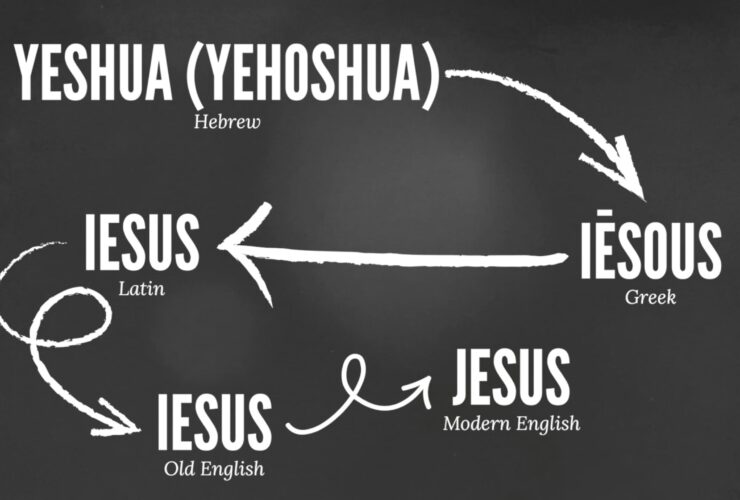While all the three members of the Godhead—namely God the Father, God the Son, and God the Holy Spirit—show up at different times and in different places throughout Scripture, in Isaiah 63 they seem to appear all together. Beginning in verse 7, Isaiah says:
“I will mention the lovingkindnesses of the LORD and the praises of the LORD, according to all that the LORD has bestowed on us, and the great goodness toward the house of Israel, which He has bestowed on them according to His mercies, according to the multitude of His lovingkindnesses. For He said, ‘Surely they are My people, children who will not lie.’ So He became their Savior. In all their affliction He was afflicted, and the Angel of His Presence saved them; in His love and in His pity He redeemed them; and He bore them and carried them all the days of old. But they rebelled and grieved His Holy Spirit; so He turned Himself against them as an enemy, and He fought against them.”
In these verses there are three distinct manifestations of God. Verse 7 mentions the LORD (capital L-O-R-D) indicating that this is Yahweh (or God the Father). And verse 10 mentions God’s Holy Spirit. But in between these verses we read about another manifestation: “the Angel of His Presence” (or the Angel of Yahweh’s presence). While some Bible scholars equate this Angel with the Holy Spirit, others see this as a clear reference to God the Son because it is a very unique title. As George W. Knight explains, “Although angels are mentioned often throughout the Bible, this is the only place where the phrase Angel of His Presence occurs. This is probably a reference to Jesus Christ in His pre-earthly existence. There is no doubt that Jesus existed with God in His pre-incarnate state, long before He was born into the world (see John 1:1-3). So He certainly could have served as God’s agent of redemption with His people in the days before His earthly ministry. This name of Jesus may explain the references to the mysterious Angel of the Lord in the Old Testament. This special agent was sent by God to communicate His message and to assure selected individuals of His presence. This messenger was clearly not the typical angel, but neither was He God the Father. The best explanation is that this special messenger—the Angel of His Presence—was Jesus Christ.”[1]
This view is further supported by the larger context of Isaiah 63 which is about the coming of the Messiah—the One who comes from Edom with bloodstained garments (v.1-6). Therefore, Isaiah refers to all three Persons of the Godhead in this single passage!

Ryan Hembree is a daily co-host, speaker, and writer of Bible Discovery. He also hosts a YouTube channel that shows the unity of the Bible and how science and Scripture fit together. Ryan also has an honorary Masters of Ministry in Creation Science from Phoenix University of Theology.
[1] George W. Knight, The Names of God, P.71.






